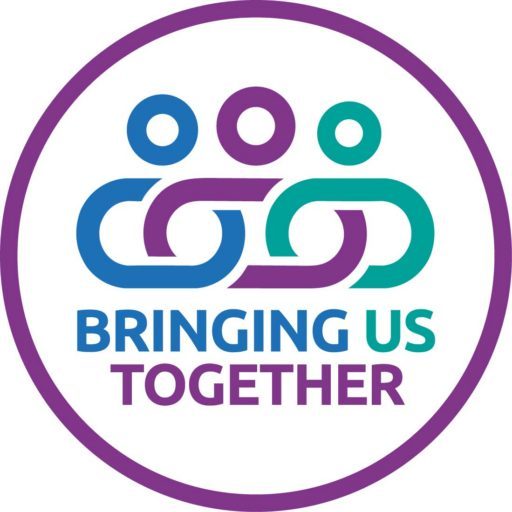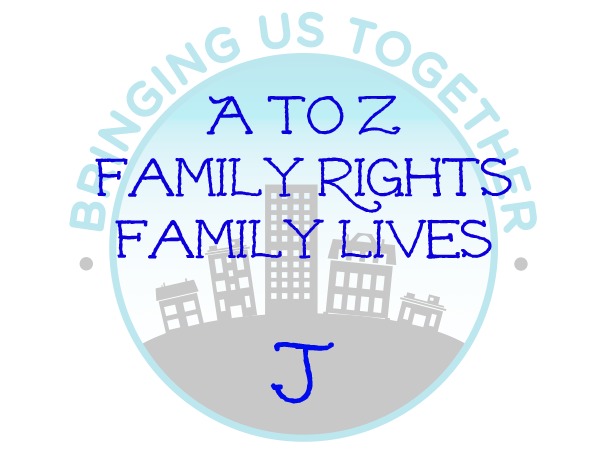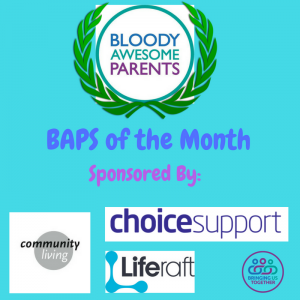D: A to Z of Family Rights and Lives
 D is for:
D is for:
Departments: Health, Education, Work and Pensions, Justice, Transport, Local Government, Communities and the list goes on. So many of these impact on our lives. So many of these have little, if any, real understanding of what our lives are like. Their staff may have read a few books, or even attended a few workshops but in the same way that reading “A brief history of time” does not allow us to have the same level of knowledge of the Big Bang Theory as Stephen Hawking, reading commissioned reports does not give a level of knowledge of the family life we lead.
It has been shown that real expertise of any field involves 10,000 hours or more of genuine participation in the subject (be that playing the piano, learning how to code or, in our case, living within a system that is set up to help us fail). This is the equivalent of almost 417 full days or 6.5 years at 30 hours per week. How many of these staff can claim 10k hours of actual genuine participation in that? We’re not talking about chatting with cherry-picked families or reading another report but genuinely spending 10k hours with families? Until that is part of their job spec, their level of knowledge and understanding will continue to be inadequate.
Depression: The word we avoid, the word we try not to talk about, the word that makes us feel weak. Some of us end up going to the doctors and have been given anti-depressants – and then have gone back and been given even more. It’s something we don’t talk about and yet there are high numbers of parents of disabled children taking anti-depressants. How many of your fellow parents do you know who take anti-depressants? How many admit to taking anti-depressants?
There is a huge lack of awareness of depression, what it means and how to support those suffering from depression. If only “just snap out of it” worked, life would be so much easier for all of us.
Several studies have found that parents of children with disability report higher levels of child-related stress than parents of normally developing children (i.e. Kazak & Marvin; Hanson & Hanline; Beckman; Dumas et al.; Reddon et al.; Dyson; Sanders & Morgan; Browne & Bramston; Hoare et al.; Warfield et al.). The study “Depression in mothers and fathers of children with intellectual disability” by M. B. Olsson1 & C. P. Hwang found that mothers of children with disabilities are at a markedly increased risk of suffering from psychological distress and depression. This study suggested that other measures of psychological health than depression should be used in future studies for fathers, as their depression scores are the same as those of their peers. It would appear that fathers generally deal with their emotions in a different manner.
“The vast majority of parents caring for a disabled child experience periods of stress or depression at some time or another. Most link this directly to the hidden pressures of having pressures of caring for a disabled child.” Contact a Family Relationships and Caring for a Disabled Child Report May 2013
Diagnosis: The Holy Grail and the Poisoned Chalice – having a diagnosis can open the doors to services when tick box exercises are involved, however, it can also provide a label which can be used to turn away your child from services, and in some cases an education. There are lots of parents trying to get a diagnosis despite having loads of assessments then don’t and find it hard to fit in.
Dignity: the definition of dignity is “the state or quality of being worthy of honour or respect.” How often do you leave a meeting or finish a phone call and feel your views were worthy of respect? Dismally few we would imagine.
“Quite simply we cannot hope to improve people’s health and wellbeing if we are not ensuring that their human rights are respected. Human rights are not just about avoiding getting it wrong, they are an opportunity to make real improvements to people’s lives.” Rosie Winterton, Minister of State for Health Services (Equality and Human Rights, 2007)
The Charter of Fundamental Rights of The European Union places dignity at the heart of human rights stating that: ‘Human dignity is inviolable. It must be respected and protected’. One crucial element of ensuring people are treated with dignity is for providers to understand the significance of human rights legislation. The legal framework of human rights law requires that health and social care workers, alongside other providers of public services, respect the dignity of people using services. The ethics and values that underpin good practice in social care, such as autonomy, privacy and dignity, are at the core of human rights legislation.
Direct Payments: Again, the Holy Grail or the Poisoned Chalice. Direct Payments are defined by the Government as “These let you choose and buy the services you need yourself, instead of getting them from your council”. Using Direct Payments is a good way for our children and young people to stay in control and chose who they want to employ as Personal Assistants rather than go into respite or have an agency involved. There is no doubt about it, however, that it is hard work to make it happen and managing your own Direct Payments can put many people off. Parents say that finding the right Personal Assistants can be a problem too. There is limited training or support available so speaking to other parents, getting in contact with a Disabled Living Centre, finding a PA matching service or using the Skills for Care Employing Personal Assistants tool kits can help.
It would be great to hear from you and find out how you feel about Direct Payments and if they work for you? Or what puts you off about asking for them?
Disability Rights: This is about disabled people leading change, working to create a society where everyone with lived experience of disability or health conditions can participate equally as full citizens. As parents we need to be supporting this in whatever way we can. Disability is defined as “a physical or mental condition that limits a person’s movements, senses, or activities.”
Disability Hate Crime – this has a huge impact on disabled people’s lives and to really tackle it there needs to be an increase in the number of crimes reported. There are organisations out there supporting disabled people around hate crime who run workshops and conferences.
Disability Discrimination Act: An Act to make it unlawful to discriminate against disabled persons in connection with employment, the provision of goods, facilities and services or the disposal or management of premises; and to make provision about the employment of disabled persons.
Disablement: To deprive of capability or effectiveness. Frequently disabled children, young people and adults are disabled by attitude, perception, and the world that excludes them and puts barriers in their way rather than their actual disability. It is our role as parents to be change makers, to support the inclusion of our children and to challenge this.
Doctors: Numerous doctors. GPs, Neurologist, Opthalmologist, Paediatrics, Anaesthaesiologist, Oncologist, Geneticist,and the list continues. Often, families end up being medical care givers without the benefit of years of study. Often, our GP is the one doctor we see the least of as our child or young person’s condition is not something they specialize in, however, they are usually the doctor contacted by theDept of Work and Pensions and similar. With the introduction of Clinical Commissioning Groups (CCGs), it is more important than ever that families keep their GP in the loop as to their needs.. Once your child reaches 18yrs old the main medical contact will be your GP so it is worth now taking the time to ensure your GP knows as much as possible about your needs so they can ensure this information is fed back into their local CCG
Debs is one of the co-founders and Directors of Bringing Us Together. She is mum to three child with a variety of SEND and has a great husband.








